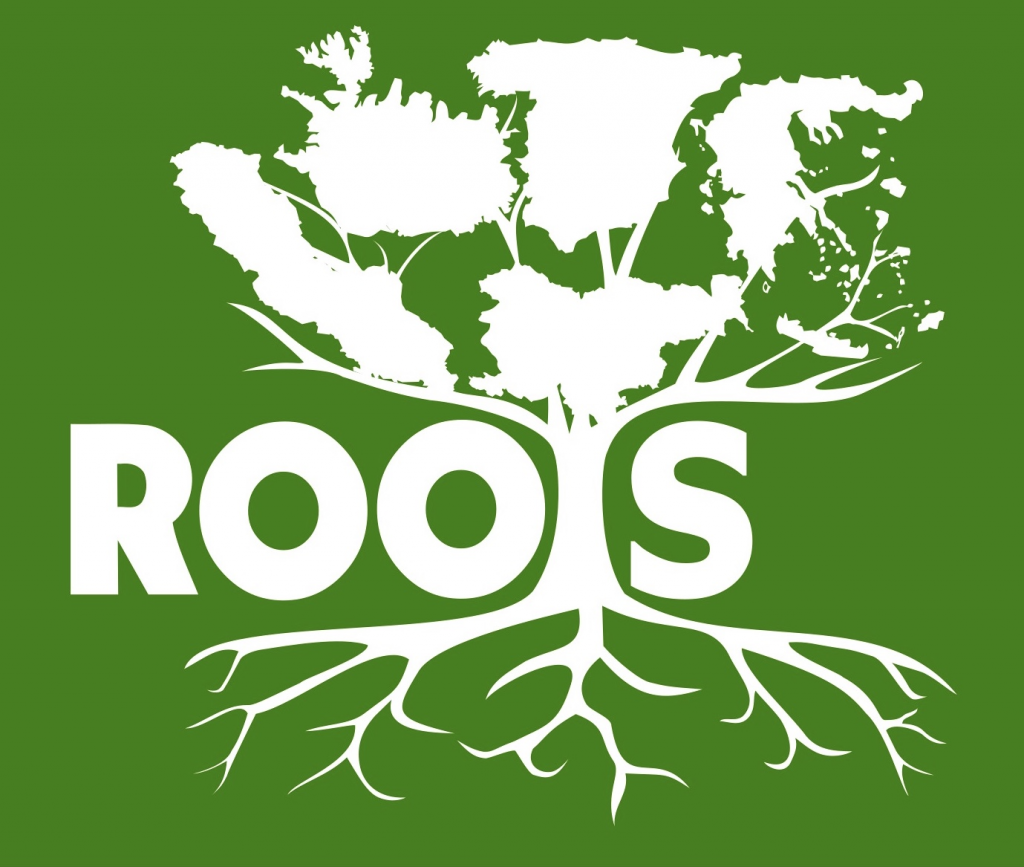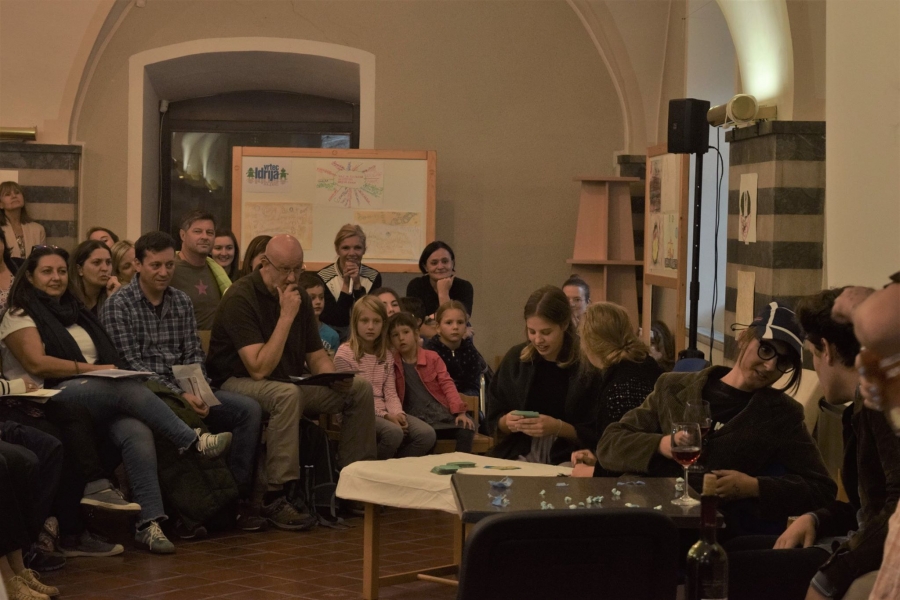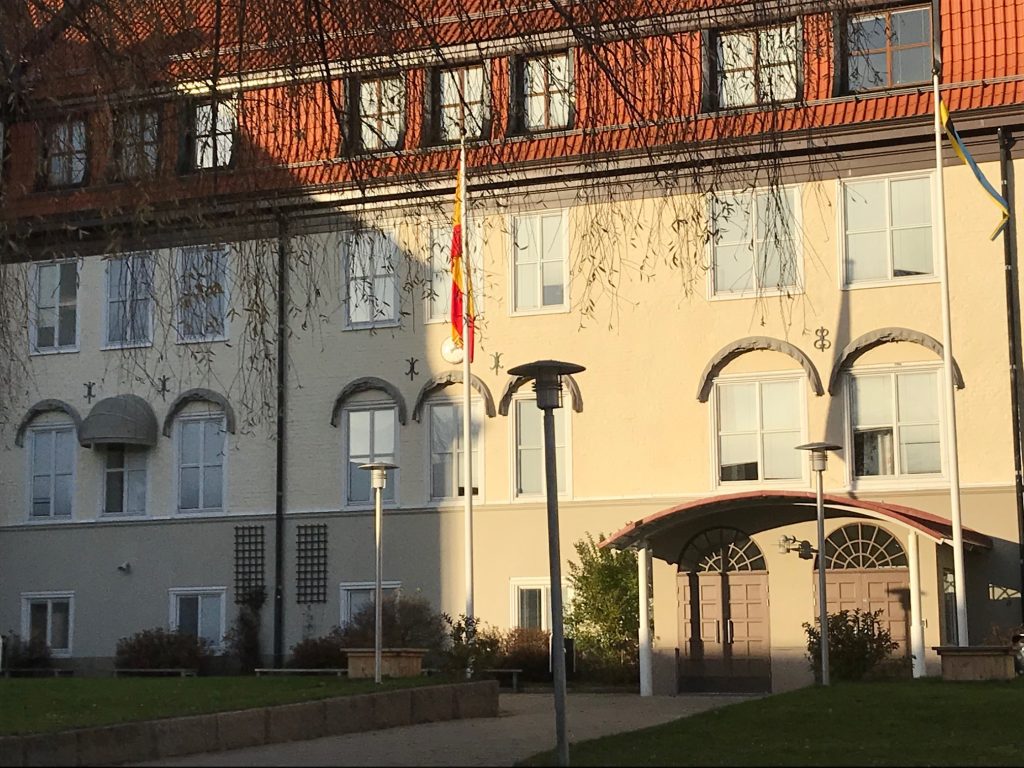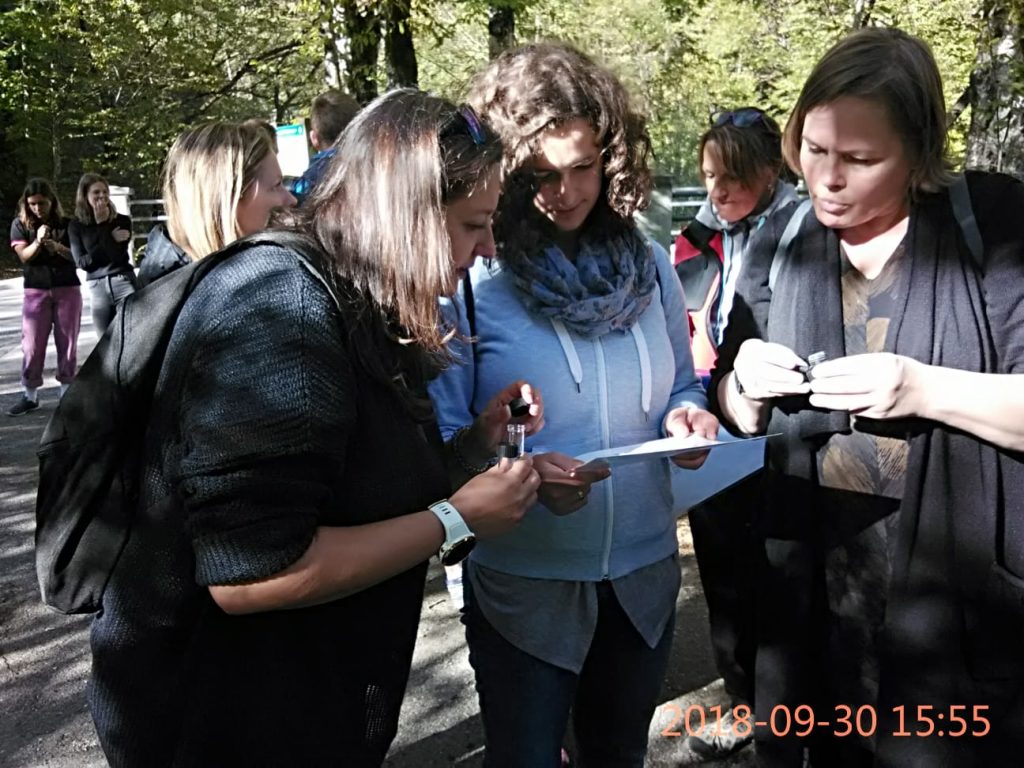ROOTS: Routes to Outdoor Oriented Teaching and Sustainability (2017-2020)
2017-1-IS01-KA219-026517_4







¿Cómo puedo participar en el proyecto?
Para participar en Erasmus+ ROOTS debes contactar con el coordinador del proyecto (José Ángel Molina) o cualquier miembro del Equipo Directivo.
Si quieres conocer un resumen de los requisitos para participar y los criterios de selección de alumnos, pincha en el siguiente enlace:
REQUISITOS DE PARTICIPACIÓN Y CRITERIOS DE SELECCIÓN
CRITERIOS-SELECCION-MOVILIDADES-2¿En qué consiste el proyecto?
Para conocer los objetivos y actividades del proyecto contacta con el coordinador del proyecto (José Ángel Molina) o con cualquier profesor de la Comisión ERASMUS+ ROOTS. De todos modos, puedes leer un resumen del proyecto (en inglés) a continuación.
Project Summary
ROOTS, Routes to Outdoor Oriented Teaching and Sustainability, aims to promote healthy lifestyle and increased environmental awareness among young people. Routes that have served in the past as mere connections between places will be utilized to connect us to our roots, experience nature, research human impact on our environment and to practice outdoor physical activities as a part of our recreational activities. Excursions along these routes set the stage for the acquisition of skills and social inclusion, which are two of the main priorities of the project. The participants in the project are students and teachers of the partners’ schools. The estimated number of participants that are directly involved in the project is around 200. The participants are selected based on their commitment and with consideration of equal opportunities for all, irrespective of gender, cultural background or economic situation. The nucleus of the project’s activities are excursions along certain routes in the partner countries. Each partner chooses a route in his region. Teachers prepare study kits to guide the learning activities on each excursion. The objectives of the learning activities relate to the respective characteristics of each region. Local students explore the routes in order to guide the multinational learning activities. During the multinational learning activities the routes will be tracked with a GPS devise, which may simply be a mobile phone, and students work in groups on the themes described in the study kit. Students create a map of the track they reported, accompanied with the results of their research. These products will be made public and may serve as a guide for other people or study groups that want to follow the same route. The methodology of the project is based on team work and problem based learning. Students work in groups, which are formed with consideration of bridging eventual social gaps. Everyone gets a responsibility and the chance to contribute to the progress of the group’s work. Students get sufficient time to elaborate on the problems they face and get guidance from teachers when needed. They will be encouraged to collaborate in a constructive manner where everyone has a voice worth listening to and consider different points of view. The results of the project will be students with increased skills in different curricular subjects like languages, natural sciences, history and physical education. They will have a deeper understanding of their environment and will have experienced nature «on their own skin». They will have communicated and thought about their environment and health issues from different points of view making them more competent at making informed decisions about their conduct regarding health and sustainability. The participation of teachers in project will result in shared experience that in turn leads to acquisition of innovative forms of teaching and planning school activities. The project also should result in increased collaboration between teachers of different disciplines, which could improve the coordination and communication between departments of the schools. The project will contribute to increased public awareness of sustainability. It will have influence on the environmental policy and support the health promoting objectives of the schools.
ACTIVIDADES
X MEETING (Pireás, Greece) – Transnational Project Meeting
IX MEETING (Torrellano, Spain) – Short-Term Joint Staff Traniing Events
VIII MEETING (Torrellano, Spain) – Transnational Project Meeting
VII MEETING (Reykjavík, Iceland) – Short-Term Exchanges of Groups of Pupils
VI MEETING (Lidingö-Stockholm, Sweden) – Short-Term Exchanges of Groups of Pupils
V MEETING (Idrija, Slovenia) – Short-Term Joint Staff Traniing Events
IV MEETING (Idrija, Slovenia) – Transnational Project Meeting
III MEETING (Pireás, Greece) – Short-Term Exchanges of Groups of Pupils
II MEETING (Lidingö-Stockholm, Sweden) – Short-Term Joint Staff Training Events
I MEETING (Reykjavík, Iceland) – Transnational Project Meeting








